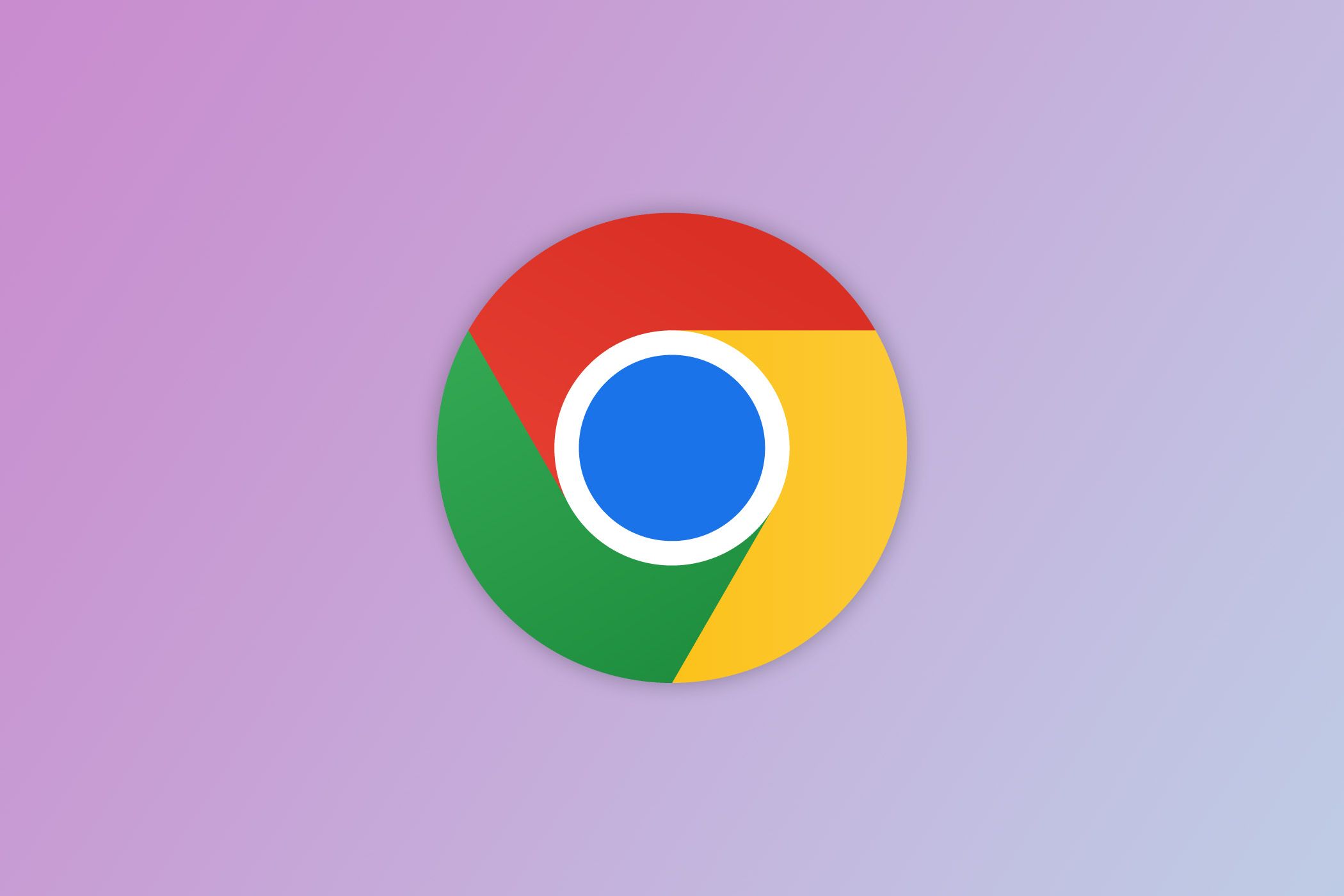No more texting passwords to your parents.
You’ve probably needed to share a password or a login with a family member or close friend at some point. Whether that’s from a streaming service or another kind of shared account, or maybe even a personal account you have) it’s not a rare occurrence. One problem with that, however, is that unless you spell it out in person or you have a password manager with that capability, you’re forced to just share it in plain text. Now, though, Google wants to give you the option to share it directly with its password manager.
A change has been spotted on Google’s Chromium project that lays the groundwork to give users the ability to share passwords. The change itself would add a flag to Chrome’s Flags panel called “password-sharing” which, if turned on, would enable “password sharing between members of the same family.” It’s not clear how this feature will look or work right now, but it’s a safe assumption that it will use Google’s existing family sharing system for Play Store purchase and other data.
Family sharing is a feature that Proton Pass, Proton’s recently launched password manager, has just implemented, and it’s also available other password managers such as Bitwarden and 1Password. It’s a sign Google is making the Chrome password manager, which has historically been pretty barebones (since it’s just meant to be a basic password manager for your browser), into a more fully-fledged option that can actually compete with other password managers out there. Google recently added biometric authentication support as well as new ways to access the password manager. It’s not clear if Google will ever get to the point where the password manager breaks it off from Chrome into its own separate app, but for now, it seems to work pretty well for basic needs and beyond.
This feature is not live yet, but it might become functional in the Chrome Canary channel over the next few weeks. It usually takes a few weeks or months for experimental features to make it into the stable Chrome browser, if they aren’t discontinued at some point during development.
Source: The Chromium Project (GitHub)


